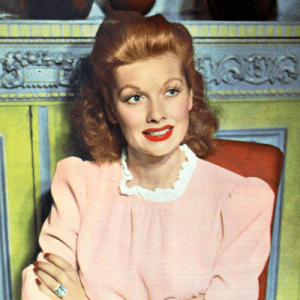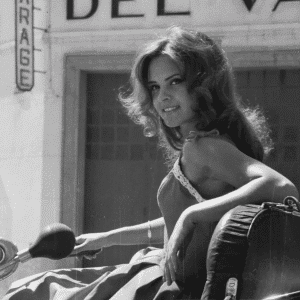Few names in Hollywood carry as much weight as Lucille Ball. She wasn’t just funny—she was fearless. With her quick wit, impeccable timing, and unmatched charisma, Lucille didn’t simply make audiences laugh; she revolutionized the very way television was made. Long before female empowerment became a movement, she was living proof that determination, intelligence, and creativity could break every barrier in Hollywood.
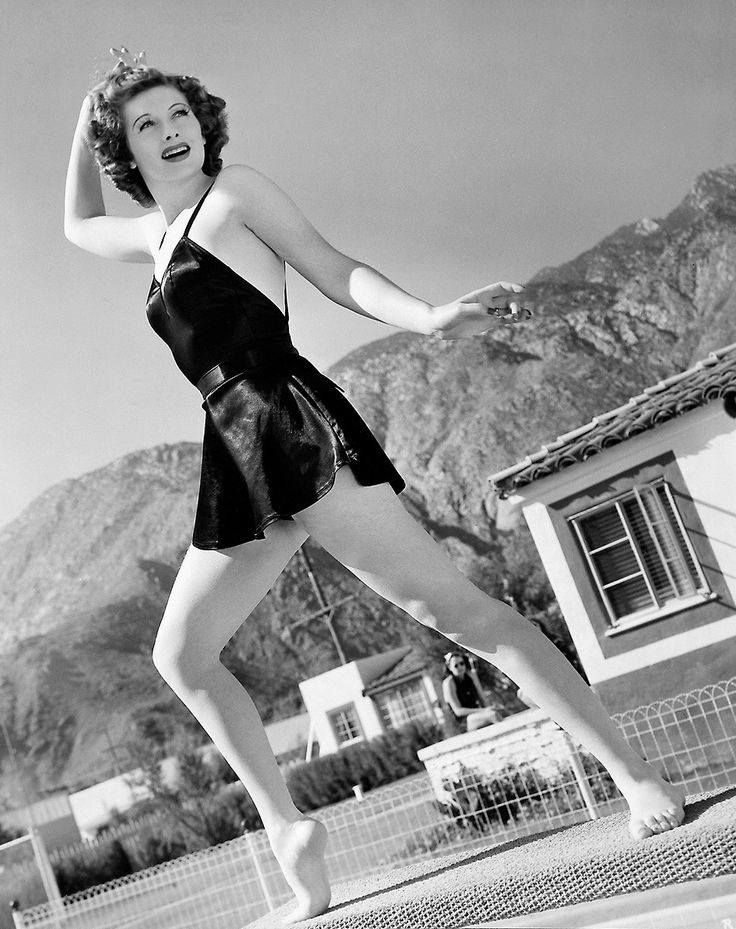
Humble Beginnings: The Making of a Star
Lucille Désirée Ball was born on August 6, 1911, in Jamestown, New York. Her childhood was far from glamorous—her family faced financial struggles, and she endured more than her share of hardships. When her father passed away when she was just three years old, young Lucy learned early how to be resilient.
Her dream of performing started early. At sixteen, she convinced her mother to let her attend drama school in New York City. But even then, success didn’t come easily. Her instructors told her she didn’t have what it took to be an actress. For most people, that might have been the end of the story—but not for Lucille Ball. She turned rejection into motivation and set out to prove everyone wrong.
Video: Lucille Ball – Jitterbug Bite
The Long Road to Stardom: A Lesson in Perseverance
Before becoming a comedy icon, Lucille Ball worked tirelessly to survive in the industry. She modeled, appeared in commercials, and took minor film roles throughout the 1930s and 1940s. Her radiant smile and comedic instincts earned her the nickname “Queen of the B-Movies.”
But for all her early film work, Hollywood never seemed to know what to do with her. It wasn’t until she met a charming Cuban musician named Desi Arnaz that her destiny took shape. Their love story would not only change her life—it would change television history.
Love, Partnership, and a Brilliant Idea
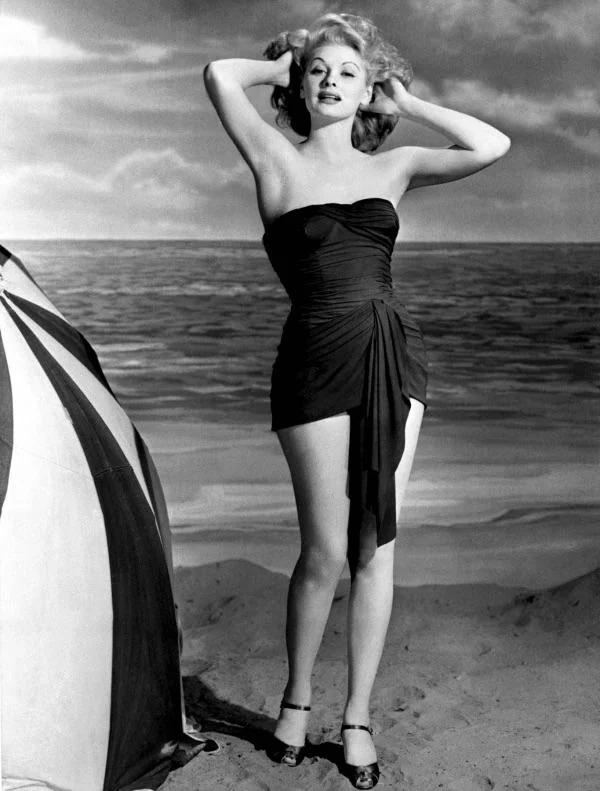
Lucille and Desi met while filming Too Many Girls in 1940. Sparks flew immediately, and despite cultural differences and Hollywood skepticism, they eloped that same year. Their marriage was passionate, complicated, and deeply intertwined with their creative ambitions.
By the late 1940s, Lucille had achieved success in radio with her show My Favorite Husband. When CBS approached her to adapt it for television, she agreed—on one condition. Desi Arnaz would play her on-screen husband.
Executives were hesitant. They didn’t think American audiences would accept an interracial couple. So Lucille and Desi took a daring step—they created and financed their own pilot through their new company, Desilu Productions. That bold gamble would reshape entertainment forever.
The Birth of I Love Lucy: A Television Revolution
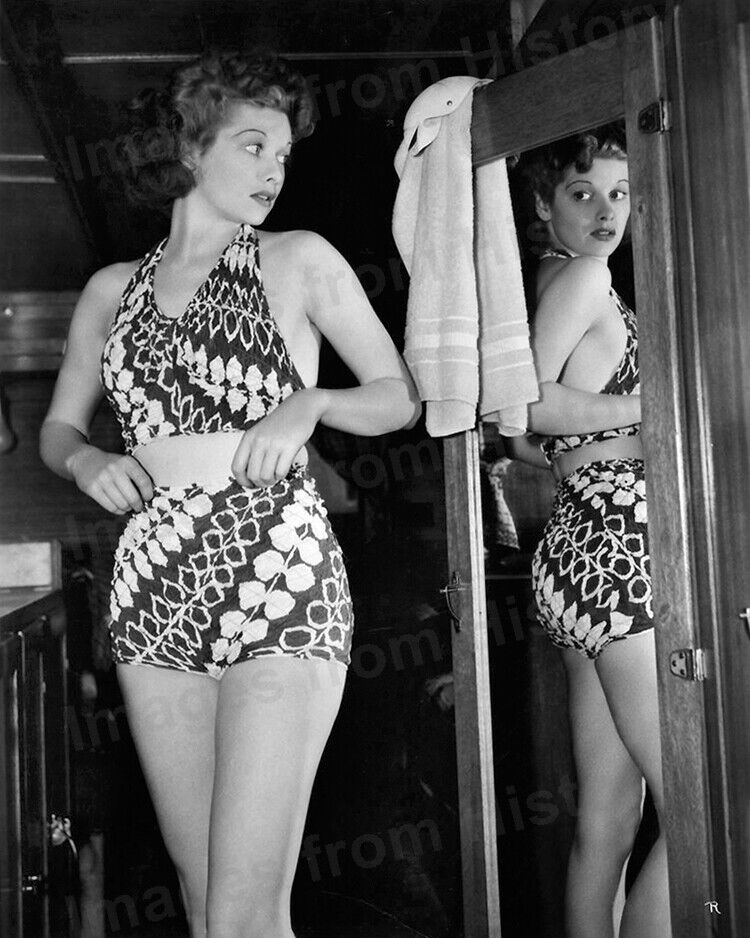
In 1951, I Love Lucy premiered—and nothing would ever be the same again. The chemistry between Lucille and Desi was electric. The show’s humor, charm, and emotional warmth made it an instant phenomenon. Week after week, millions tuned in to see Lucy Ricardo’s wild schemes and hilarious antics.
But I Love Lucy wasn’t just funny—it was groundbreaking. Lucille Ball and Desi Arnaz redefined how television was made.
- Multi-Camera Filming: They pioneered the use of three cameras filming simultaneously in front of a live studio audience. This innovative method became the standard for sitcom production worldwide.
- Reruns and Syndication: Lucille and Desi were among the first to own the rights to their show, allowing them to profit from reruns—an idea that would transform television economics.
- Authentic Representation: When Lucille became pregnant in real life, she insisted that her pregnancy be written into the show—a radical move at the time. The episode featuring the birth of “Little Ricky” drew over 44 million viewers, surpassing even the presidential inauguration that year.
Lucille Ball had not only created America’s favorite show—she had changed the industry’s rules forever.
Desilu Productions: The Business Empire Behind the Laughter
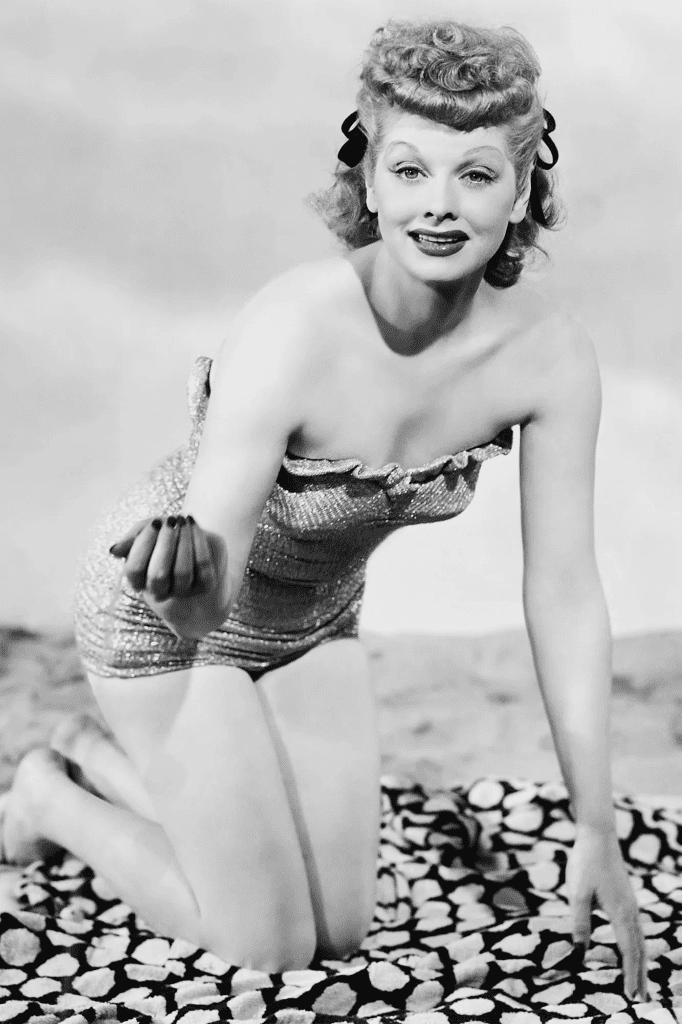
After I Love Lucy ended and her marriage to Desi Arnaz dissolved, Lucille Ball made another historic move. She bought out Desi’s share of Desilu Productions, becoming the first woman to run a major Hollywood studio.
Under her leadership, Desilu produced some of television’s most iconic shows, including Star Trek, The Andy Griffith Show, and Mission: Impossible. She wasn’t just a performer anymore—she was a powerhouse executive shaping pop culture behind the scenes.
Video: Lucy Takes Ballet Lessons
Her business acumen was unmatched. At a time when women were rarely seen in leadership roles, Lucille Ball was signing million-dollar deals and producing groundbreaking content. She paved the way for female producers and executives for generations to come.
Later Years: A Legacy That Only Grew Stronger
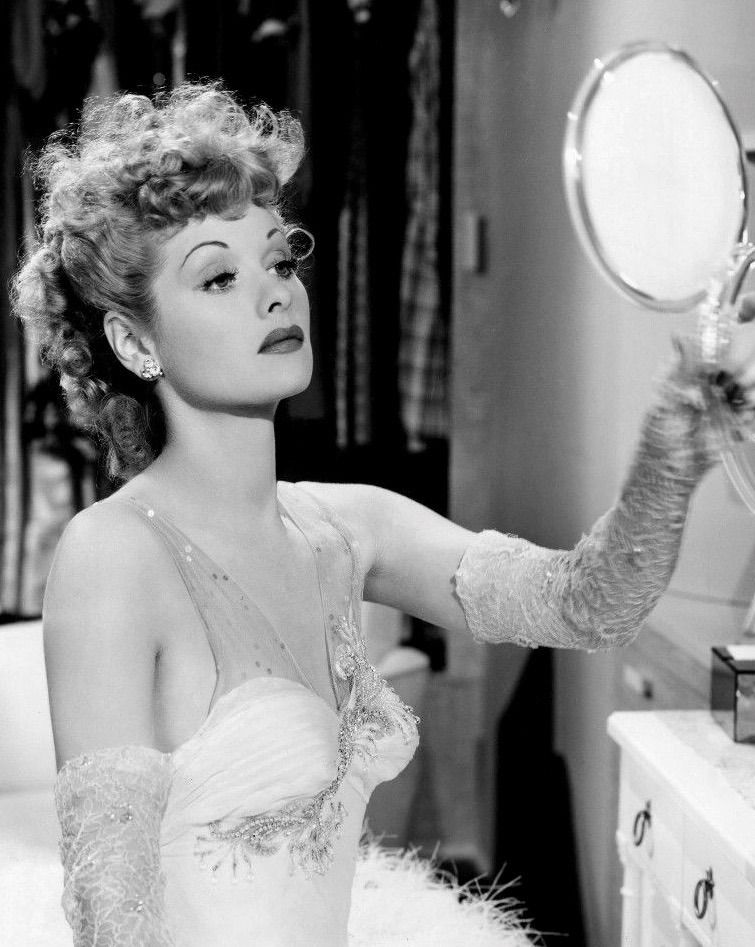
Even after I Love Lucy, Lucille refused to slow down. She starred in The Lucy Show (1962–1968) and Here’s Lucy (1968–1974), both of which became major hits. Her signature comedic style—physical, fearless, and full of heart—remained as sharp as ever.
In recognition of her incredible contributions, she received numerous awards, including multiple Emmys, a Golden Globe, and the Kennedy Center Honors. She was also among the first women ever inducted into the Television Hall of Fame.
Lucille Ball continued to act and produce into the 1980s, leaving behind a legacy that went far beyond laughter. Her influence could be seen in every modern sitcom—from Friends to The Office—and in every comedian who followed her path, from Carol Burnett to Tina Fey.
Why Lucille Ball’s Legacy Still Matters
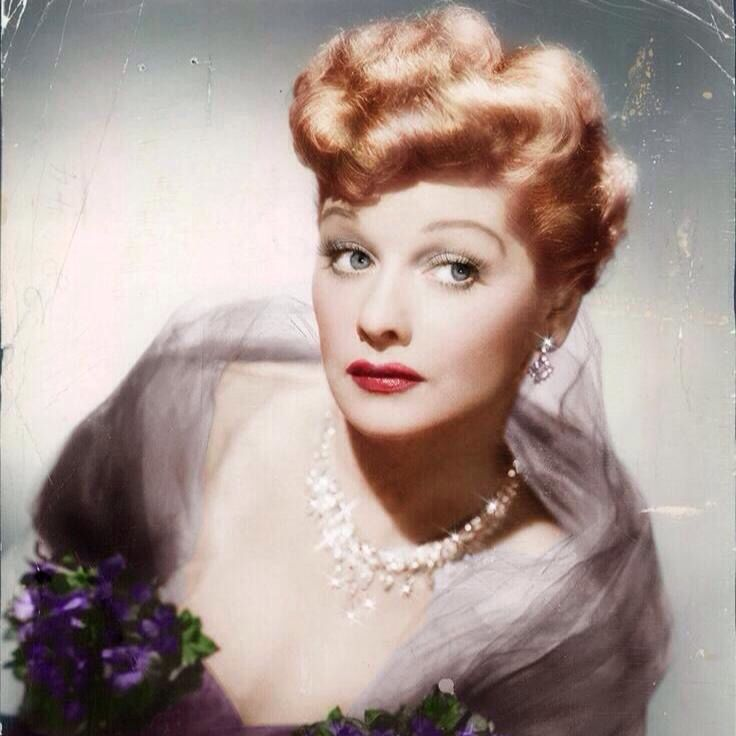
Lucille Ball wasn’t just the Queen of Comedy—she was a revolutionary. She broke barriers, redefined gender roles, and proved that humor could be powerful. Every rerun of I Love Lucy is a reminder of her brilliance, her work ethic, and her trailblazing spirit.
She taught generations of women that they didn’t have to choose between being funny and being in charge. She was both—and she made it look effortless.
Conclusion: The Woman Who Made the World Laugh
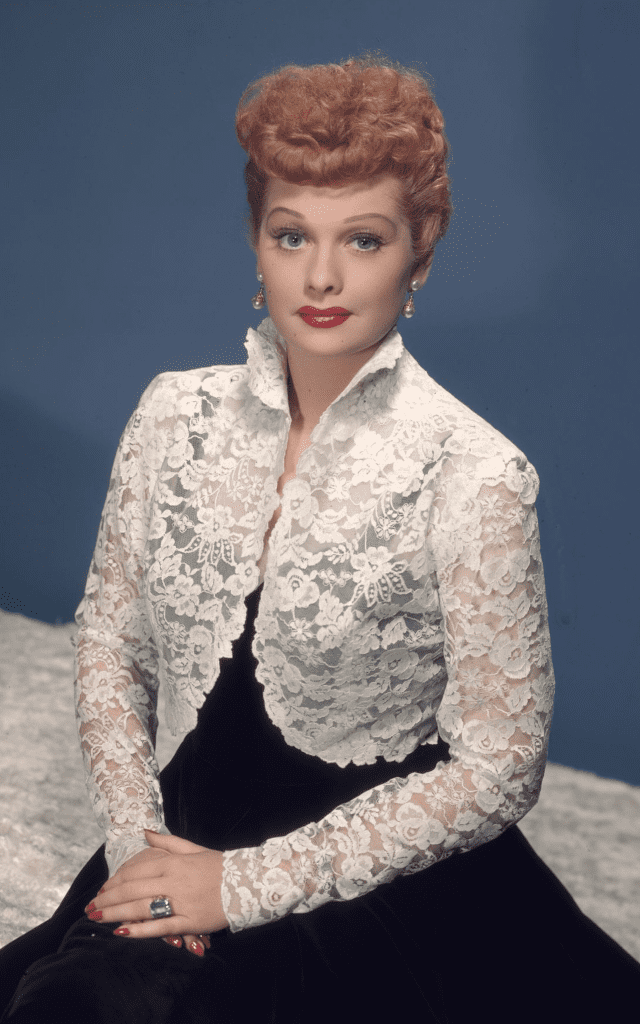
Lucille Ball’s life was a masterpiece of perseverance, innovation, and laughter. She started with nothing, faced countless rejections, and rose to become one of the most influential figures in entertainment history.
Through her groundbreaking work, she transformed television into an art form and inspired millions to chase their dreams fearlessly. Her laughter still echoes through living rooms around the world, reminding us that genius isn’t born—it’s built through courage, hard work, and a whole lot of heart.
Lucille Ball wasn’t just a star—she was the galaxy that made comedy shine. And decades later, the world is still laughing with her.
